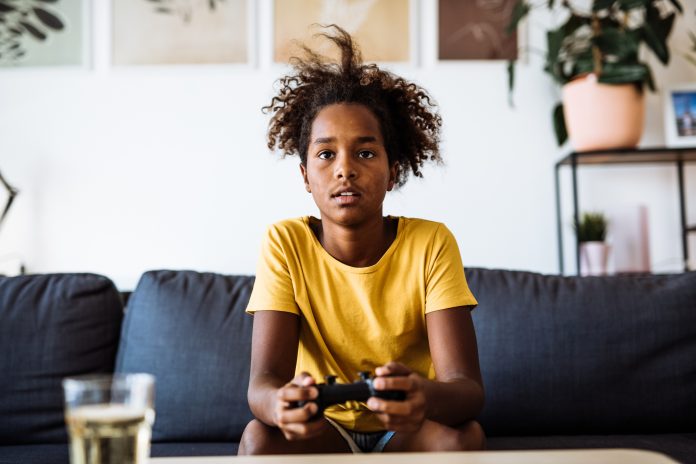Professor John Sharry, Psychotherapist, Clinical Advisor for SilverCloud® by Amwell® and Adjunct Professor, Dept. of Psychology University College Dublin, walks us through some child mental health issues
Even prior to Covid -19, mental health problems such as anxiety and depression for children and young people were on the rise (1). Since COVID-19, this rise has dramatically increased. A large global meta-study found that rates of childhood depression and anxiety had doubled in 2021 (2). This has increased the burden on children and families, and services have been stretched to breaking point. In 2021, the Health Service in Ireland experienced a surge of over 30% in the number of young people seeking treatment and being hospitalised for eating disorders in 2021 (3). Unfortunately, there seems to be no let-up in the mental health challenges post-COVID. Two years of lockdowns, school closures, and lost social opportunities continue to take their toll.
Teenagers have been acutely affected at such a crucial stage of their development when socialisation is vital.
A recent survey by the Prince’s Trust (4) with over 2,000 young people aged 16 to 25, described the adverse impact on their education, confidence and hopes for a positive future in detail. Most feel they have missed out and are much more unsure about the future. In another large study by the Sutton Trust and UCL (5), 50% of young people reported they had not caught up with learning missed and were more demotivated and unsure about their next steps. Of particular concern was that young people from disadvantaged backgrounds were disproportionately affected.
The evidence is clear. The COVID-19 pandemic continues to cast a long shadow over young people’s well-being, confidence, and educational attainment, resulting in significant increases in child mental health issues. It is essential that policymakers and planners understand these challenges so that education and mental health services can be adequately resourced to support young people and their families through this post-pandemic period.
Parents & teachers supporting children
It is also important that parents and teachers realise their crucial role in supporting children and teenagers through these challenging times. Rather than underplaying or dismissing a child’s demotivation or withdrawal in the classroom, take time to understand and appreciate what they are going through. Rather than expecting children and teenagers to ‘snap back’ into health post-COVID, realising the scale of how they have been affected and providing patient support is critical.
Secondly, for parents and caregivers, it is vital that you focus on maintaining communication and a warm relationship with your children and especially with your teenagers to reduce child mental health issues. Rather than adding to the pressure on them, try to create relaxing ‘relationship times’ with each of your children when you can chat the have some fun together.
This is more important than adding pressure to achieve in education. Make sure you have daily times when you can listen to their news and what is happening in their world. With teenagers who rarely talk, you have to be patient and work hard at creating these ‘communication opportunities’, whether this is by being available when they come from school or during mealtimes, or late at night, they might be more relaxed or by agreeing to be their chauffeur to an activity when they might talk more!
Thirdly, please encourage your children to take up activities they enjoy and are passionate about. Enjoyment and passion are the antidotes to child mental health issues such as depression and anxiety. Simple daily tasks can provide meaningful, enjoyable routines such as reading, cooking, walking the dog, listening to music or watching a favourite TV programme. Make sure to explore what your children like. As well as going for the obvious extracurricular activities such as sports, remember the many different social passions children can have, such as scouts, gaming, quizzes, minding other children, drama, or even singing in a choir! Find out what each of your children enjoys and what lifts their mood.
Look after your mental health
Finally, look after your mental health as a parent or caregiver. As well as being good for you, parent-self-care is good for children. The more positive you feel, the better you will be able to parent and listen to your children. So do prioritise yourself and reach out for support when you need it.
References
1. My World Survey2 The National Study of Youth Mental Health in Ireland. www.myworldsurvey.ie
2. Global Prevalence of Depressive and Anxiety Symptoms in Children and Adolescents During COVID-19A Meta-analysis. JAMA
Pediatr. 2021;175(11):1142-1150. doi: 10.1001/jamapediatrics.2021.2482
3. https://www.irishtimes.com/news/ireland/irish-news/covid-19-perfect-storm-for-teenage-eating-disorders-figures-show-1.4660342
4. https://www.princes-trust.org.uk/about-the-trust/news-views/princestrustnatwestyouthindex2023
5. https://cosmostudy.uk/publications/health-impacts-and-behaviours











